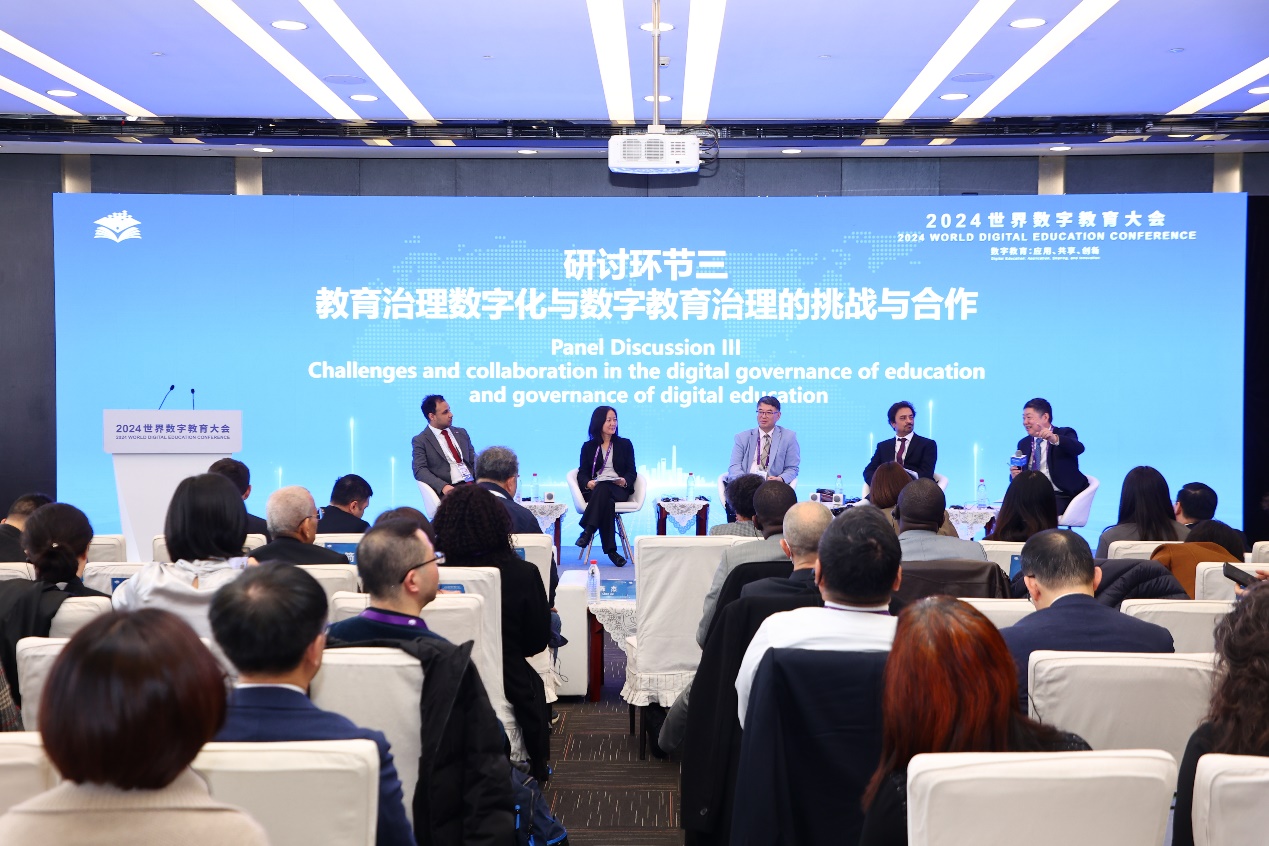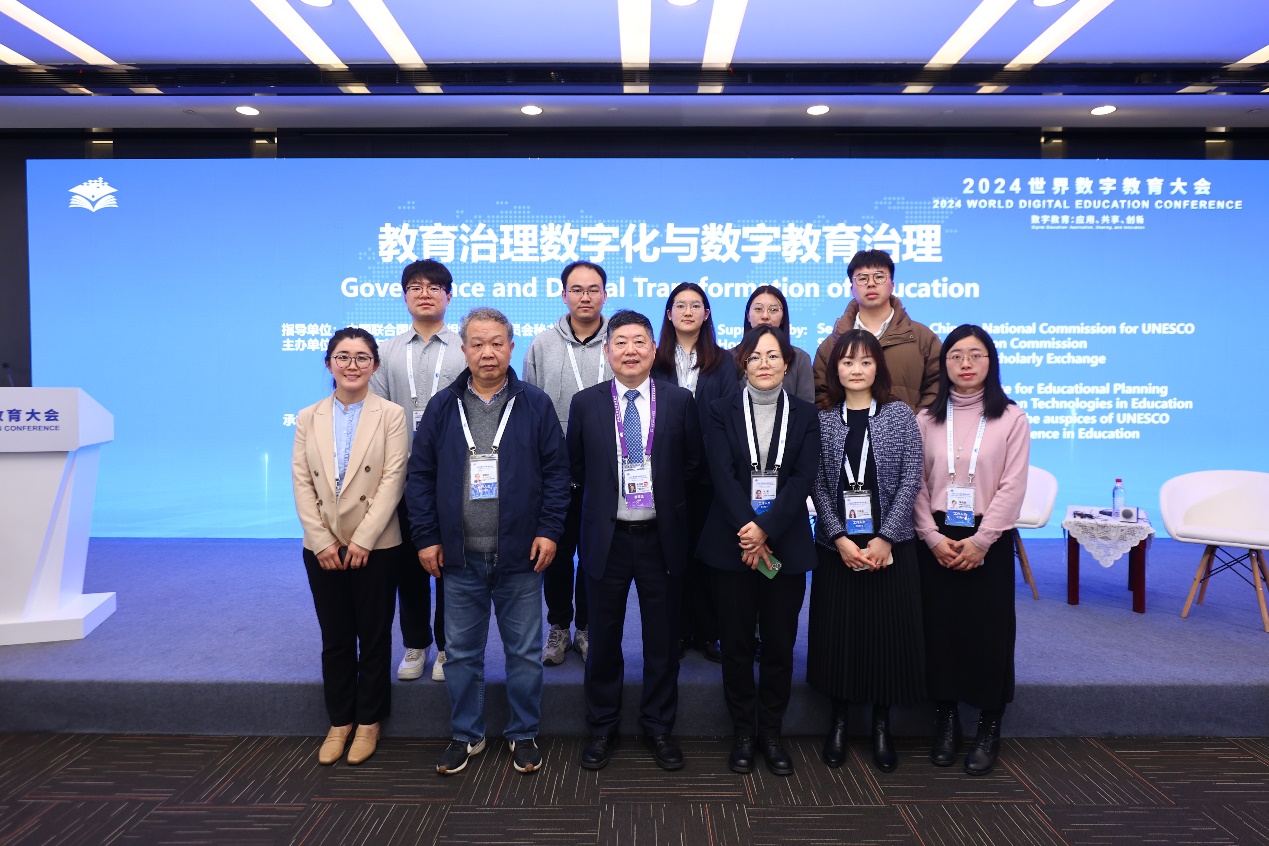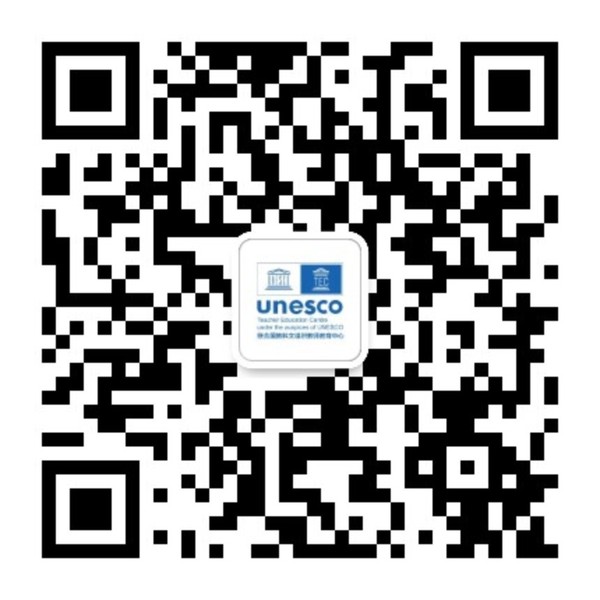On January 30, the 2024 World Digital Education Conference, co-hosted by the Ministry of Education of the People's Republic of China, the Chinese National Commission for UNESCO, and the Shanghai Municipal People's Government, opened in Shanghai, China. Professor Zhang Minxuan, Director of the UNESCO Teacher Education Centre, attended the opening and closing ceremonies of the conference.
On the morning of January 31, the parallel session themed Digitalization of Educational Governance and Digital Education Governance of the 2024 World Digital Education Conference, hosted by the UNESCO Teacher Education Centre, was held at the Shanghai World Expo Center. Chen Jie, Vice Minister of Education of the People's Republic of China and Director of the Chinese National Commission for UNESCO; Wang Weiren, Deputy Secretary-General of the Shanghai Municipal People's Government; and Shahbaz Khan, Director of the UNESCO Multisectoral Regional Office for East Asia, attended the session and delivered speeches. Qin Changwei, Secretary-General of the Chinese National Commission for UNESCO, presided over the opening ceremony. Over 200 participants attended, including ministerial representatives from countries such as Angola and Uzbekistan, representatives from international organizations including UNESCO, the World Bank, and UNICEF, as well as representatives from domestic and foreign government agencies, universities, and enterprises.

The parallel session Digitalization of Educational Governance and Digital Education Governance consisted of four discussion segments. Professor Zhang Minxuan, Director of the Centre, served as the moderator of the segment themed Digitalization of Educational Governance and Digital Education Governance. During the discussion, Zhan Tao, Director of the UNESCO Institute for Information Technologies in Education, proposed that digital education governance requires improving the accuracy and scientificity of data, strengthening the construction of information management systems, and respecting the inherent laws of education. Liang Xiaoyan, Lead Education Specialist at the World Bank, argued that developing digital education requires a balance between investing in digital technology infrastructure and investing in teachers, and that exchanges and cooperation among countries, enterprises, and multilateral organizations should be strengthened. Sanaullah Panezai, Director of UNICEF China, emphasized that the digital transformation of education must promote educational equity and inclusiveness, and that effective digital education governance requires the joint participation of the public and private sectors to make education a better global public good. Ahmed Tlili, representing the Coordinator of UNESCO's Artificial Intelligence and Education Programme, noted that digital education governance is closely linked to educational decision-making and leadership, and that in the face of risks and challenges, sound educational frameworks and policies are needed.
Professor Zhang Minxuan from the Centre responded to the speeches of the four experts, stating that international organizations are an important force in achieving global digital governance and digital transformation, and can play a significant role in addressing the many risks and challenges in digital education governance. He argued that governments, the international community, and international organizations should work together, and that the unique role of technology partners and digital service providers should also be leveraged to jointly strive for advancing new digital education governance and seizing new opportunities for educational development.
The parallel session featured in-depth exchanges and discussions around the theme Challenges and Cooperation in the Digitalization of Educational Governance and Digital Education Governance, reaching extensive consensus and achieving fruitful results. The UNESCO Teacher Education Centre made important contributions to the successful conclusion of the parallel session.





